On Tuesday, April 7 Loyola hosted human rights activist and women’s rights advocate Tawakkol Karman to a packed crowd in McGuire Hall as she presented her lecture “Women, Human Rights & the Arab Revolution.” Karman was the first Yemeni, first Arab and second Muslim to win the Nobel Peace Prize, which she was awarded in 2011. Karman is known for her ideology on non-violence and shared a global perspective that informed and engaged the Loyola community. The human rights innovator has been imprisoned and faced death threats in her home country of Yemen for her opinions.
The Hanway Lecture promotes global awareness for the Loyola community, and in his opening remarks President Brian Linnane S.J. acknowledged the importance of having a speaker with the experiences of Karman stating, “(just) focusing on the Christian West does not prepare our students for a global community.”
Karman gave students a new perspective when she began the lecture discussing her first-hand account of the Arab Spring and the struggles for democracy and freedom in the Middle East. Karman, who was one of the crucial leaders of Yemen’s revolution that began on February 11, 2011, stated that the Arab Spring was a peaceful revolution that sought to attain justice, equality, freedom, dignity and democracy, and not a plot by the West as some have speculated in the past. Freedom is the most important factor that inspires these revolutions in oppressed countries, according to Karman, “We have the right to live freely. It’s our duty. Life would be worthless if we gave away our freedom and dignity.”
Karman is not alone in her fight for justice in the oppressive policies of Yemen and other countries in the Middle East. Karman noted multiple times how important the youth are to this movement, noting that they are willing to sacrifice for the change they believe is long overdue, even if supporting the movement could risk their lives. According to Karman, youth in Yemen are killed simply for peaceful protests of singing and chanting in the streets in the battle between “freedom and corruption.”
In addition to praising the youth, Karman spent a great deal of her lecture discussing the power of women as influencers and leaders in these revolutions. She argued that the days of women being forced into traditional, passive roles as homemakers are over and that this is “the era for women to be at the front lines” of what is going on socially and politically in their countries. Karman wants to stop the stigma of women as victims and acknowledge that women are the “mothers of revolution” who are supported by men in the common goal to realize their dreams of a better life. According to Karman, women and youth lead the revolutions and therefore must be the ones who lead the states once dictatorship falls.
The Arab Spring revolutions have continued past Karman’s Nobel Peace Prize-winning work in 2011, but the movements are not immune to difficulties as violent counter-revolutions have rocked progress in many countries. Despite resistance and threats against her own life, Karman continues on her mission to bring freedom to Yemen. She cited her father, mother and husband, who went to the media after she was jailed to express how proud he was of her, as some of her greatest supporters. Karman cited the people of Yemen as her biggest support system and explained that they share her hopes and dreams.
Karman’s lecture gave the Loyola community a unique look inside the culture and the people behind the well-publicized Arab Spring. Karman’s determination to be a catalyst for change no matter the consequence was inspirational, as she closed out the night acknowledging her sacrifice, “we are suffering but we will not die. Even if our bodies die, our dreams will not die.”



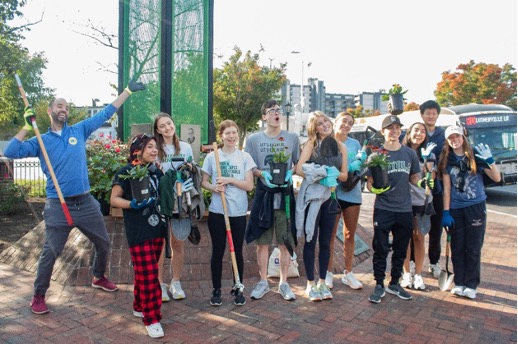



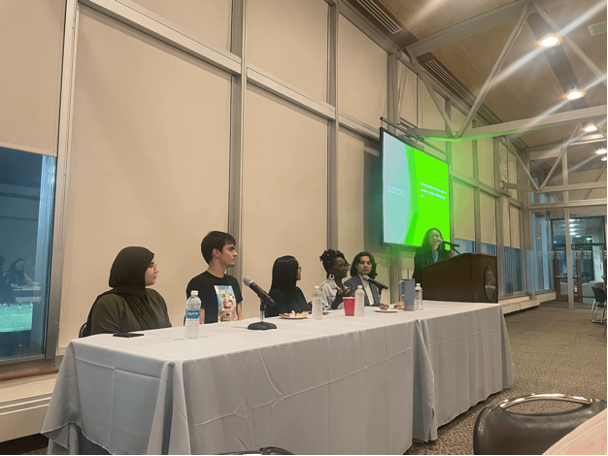



































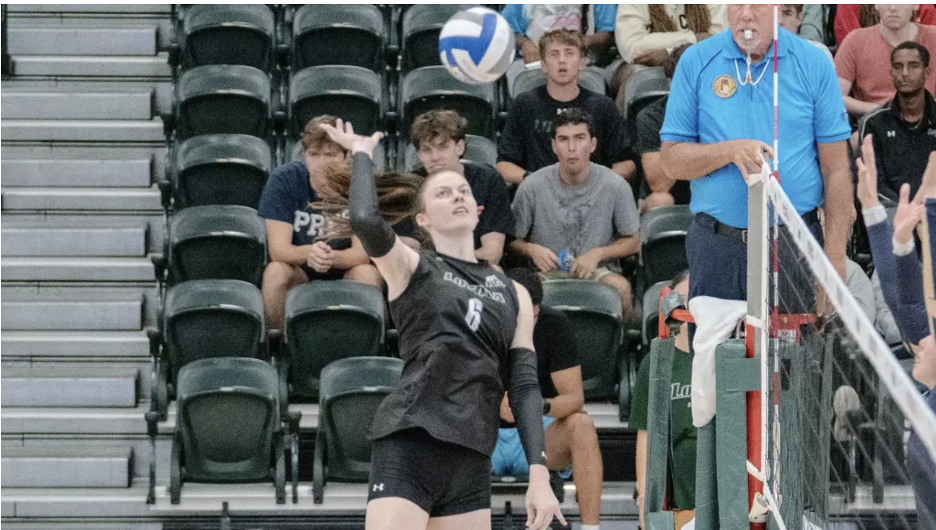
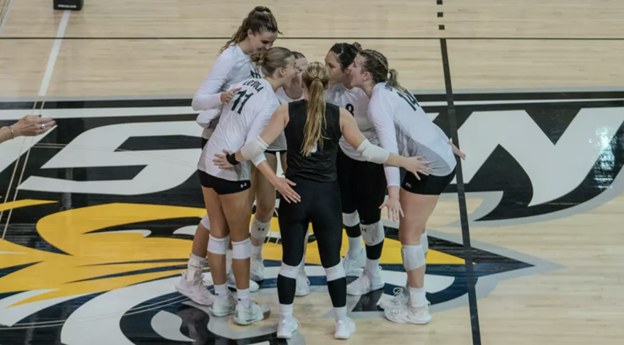





























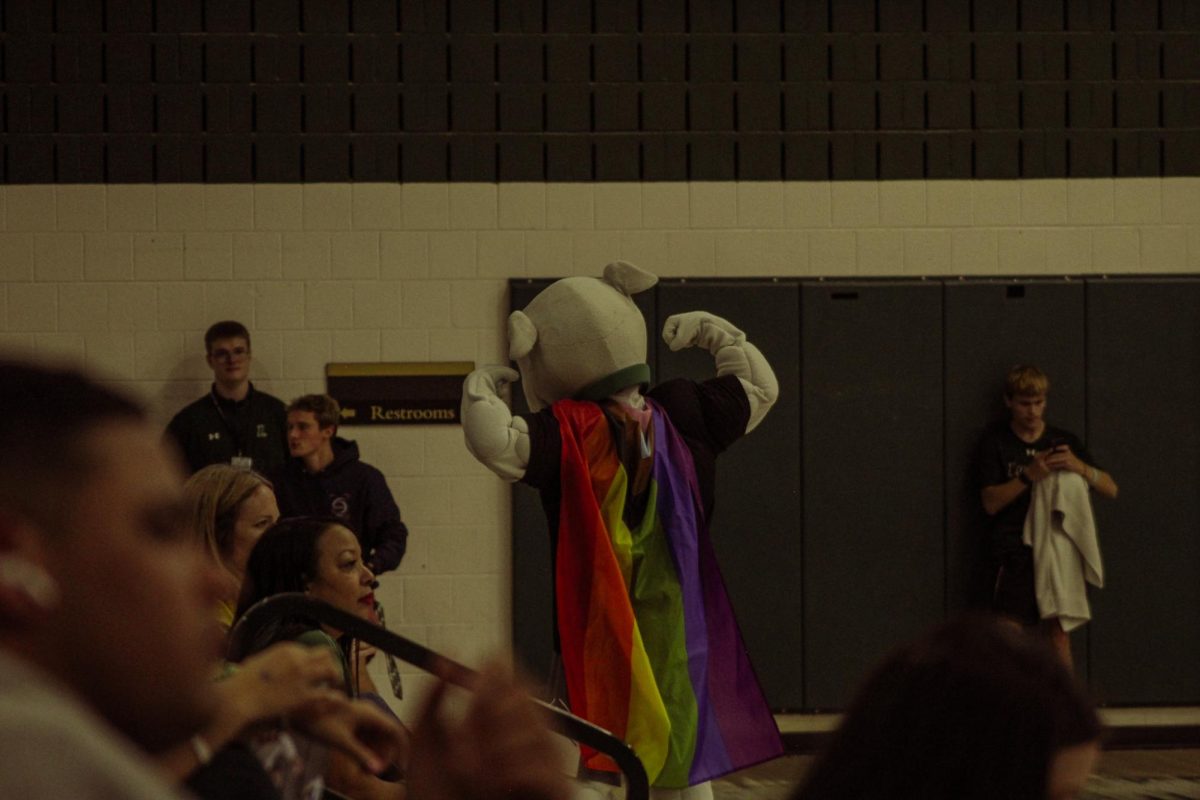





























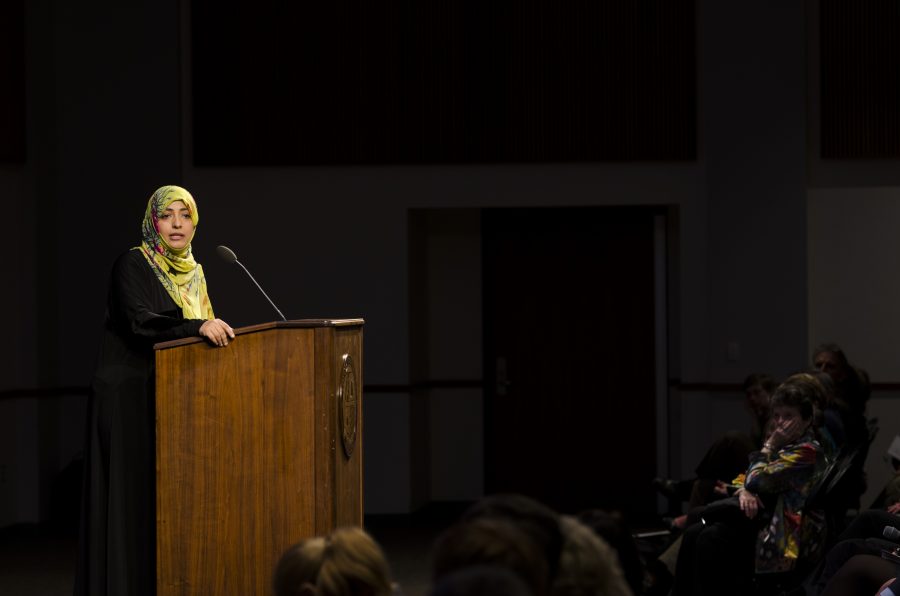






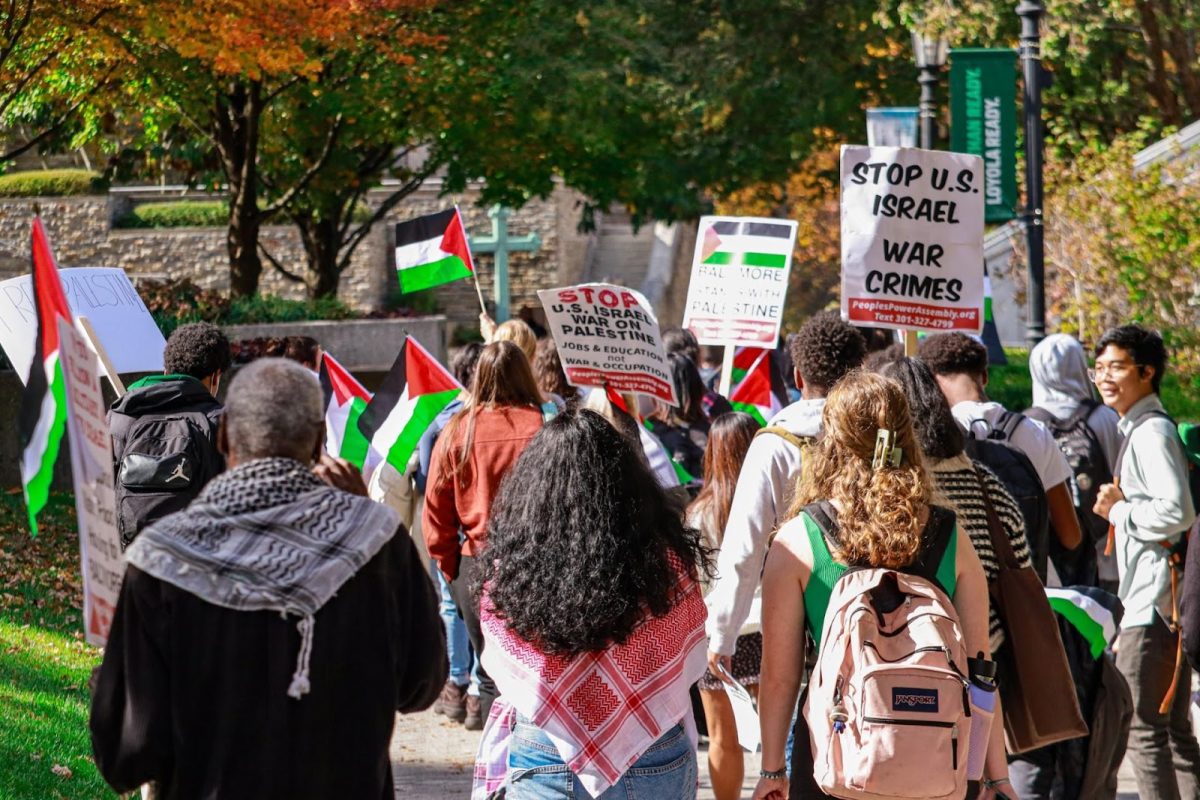

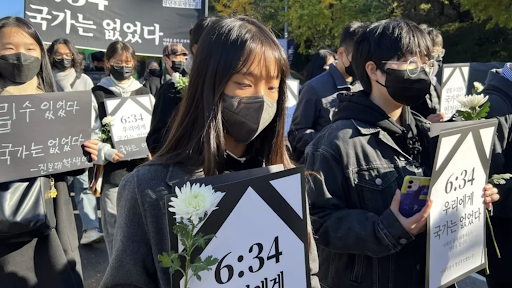
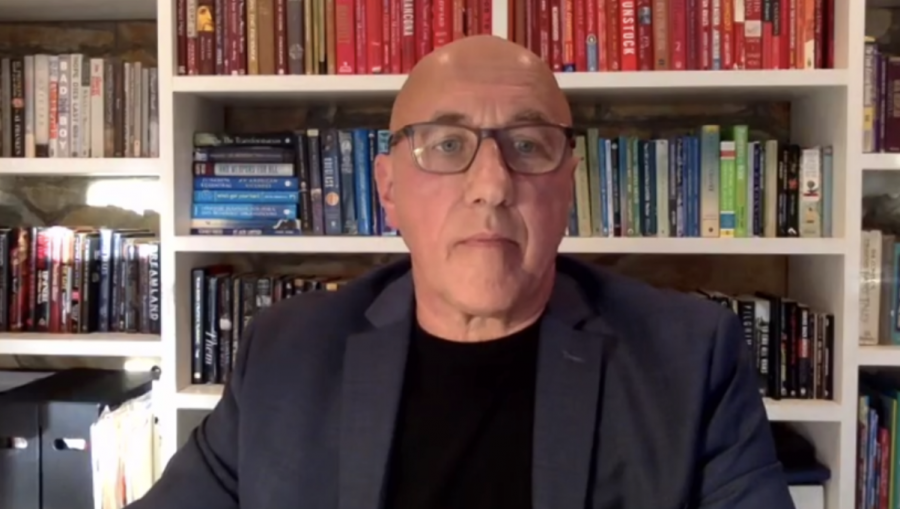

Lina • Apr 9, 2015 at 9:33 am
it is amazing how this woman present two faces, one for the west in which she shows that she calls for peace and showcase her role during the Yemen Spring, which we can’t deny. Unfortunately, her recent tweets in the event of her country, Yemen, shows a woman who calls the attackers (Saudi Arabia and its allies) to continue their attack and not to worry about the civilian causalities that are rising by the day, stating that Yemenis understand that war ultimately lead to innocent people being killed. I find her stance sparking contrast to her being a Nobel Prize Winner for PEACE.
Joan Michekson • Apr 9, 2015 at 8:54 am
Amazing woman, great perspective, and excellent recap. She also said that the Arab Soring and push for freedom, especially by women and young people, happened now because of the confluence of being fed up with being left behind economic growth and freedom, and having the Internet, specifically social media, as an organizing and motivating tool. She even said, “thank you, Facebook, thank you Twitter.”